What to eat to prevent a stroke
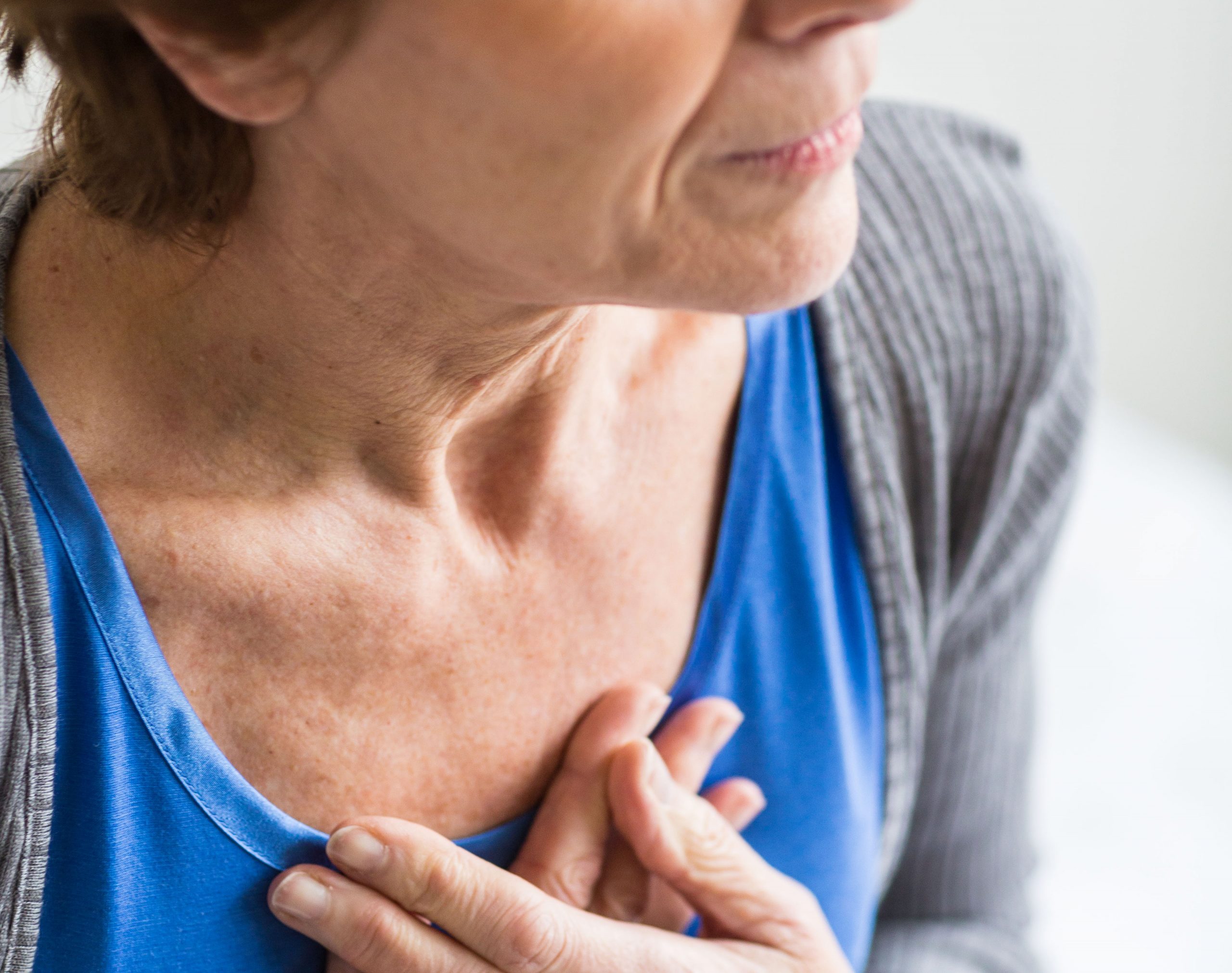
Strokes are without doubt one of the UK's biggest killers - in fact, according to the Stroke Association, there are more then 100,000 strokes a year, making them the fourth leading cause of deaths in the UK.
While there is no cure-all to ensuring you never experience a stroke, there are certainly things you can do to reduce your risk of ever suffering from one.
Aside from an active lifestyle and a reduction of stress, a healthy, balanced diet is thought to be key in helping to prevent a stroke, one of the biggest heart disease issues.
In fact, eating some types of foods can actually work to actively reduce your risk.
So which foods should we be eating to prevent a stroke? See the best foods to include in a stroke prevention diet:
Leafy vegetables
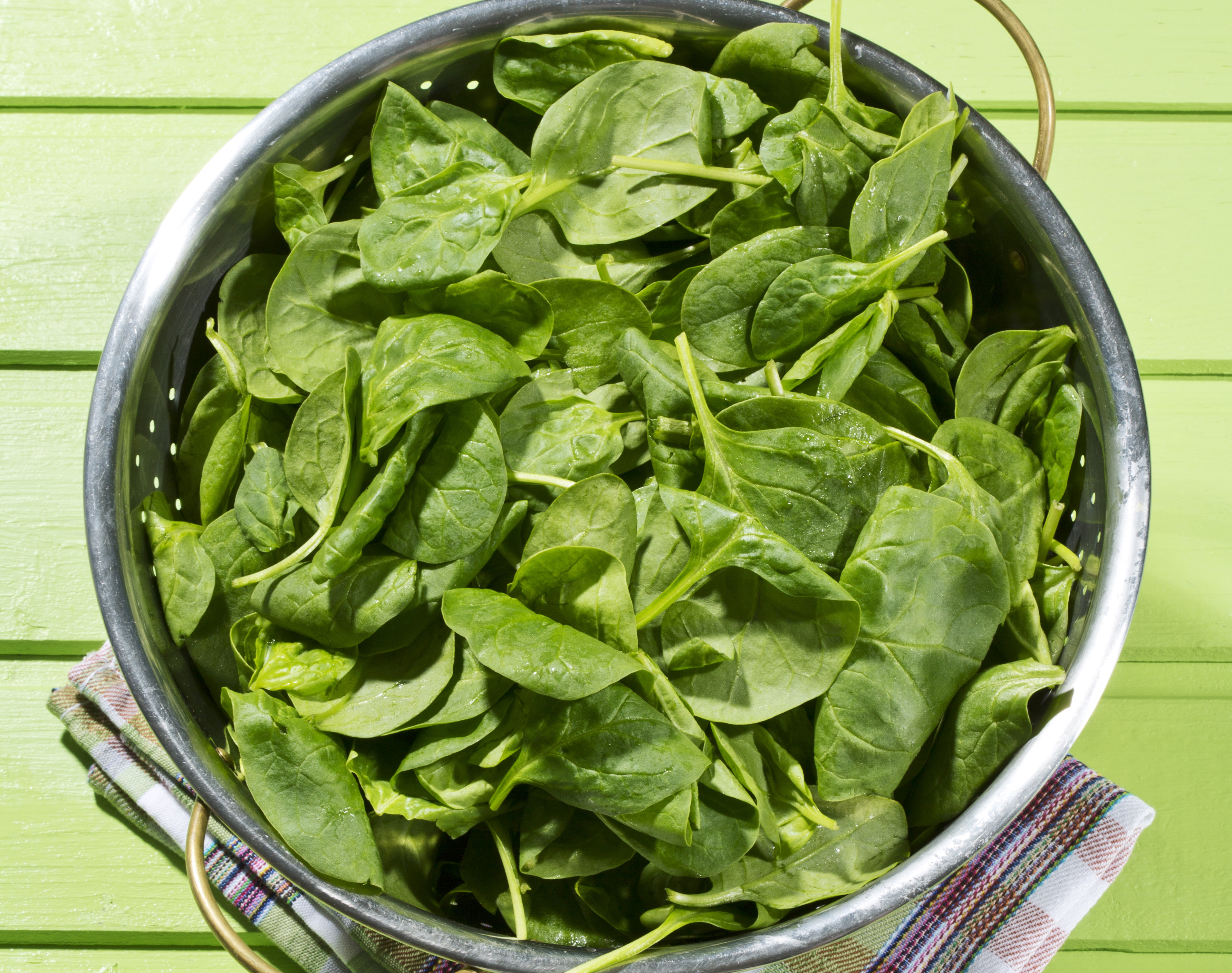
Dr Kyle J. Stewart, a GP in Torbay, has stated that leafy vegetables, such as kale, watercress, spinach and cabbage, could be instrumental in reducing your stroke risk.
He revealed, "Leafy vegetables have widely been reported to decrease the risk of cardiovascular disease.
Sign up to our free daily email for the latest royal and entertainment news, interesting opinion, expert advice on styling and beauty trends, and no-nonsense guides to the health and wellness questions you want answered.
"This may be through the beneficial effects of a rich plethora of minerals and vitamins, but it is very likely also due to their relative lack of substances linked to cardiovascular disease such as salt and saturated fats. [found in many high-carb and high-fat food]
Dr Kyle continued, "A diet rich in fruits, vegetables and leafy greens is a diet rich in antioxidants. These dietary antioxidants compliment the body’s natural defences to help reduce oxidative stress.
"Another health benefit from eating leafy greens such as watercress and some vegetables such as beetroot is the high nitrate content. High dietary nitrate has been shown to reduce blood pressure, which is important as hypertension (high blood pressure) is an independent risk factor for the development of cardiovascular disease such as strokes and heart attacks."
Full-fat milk
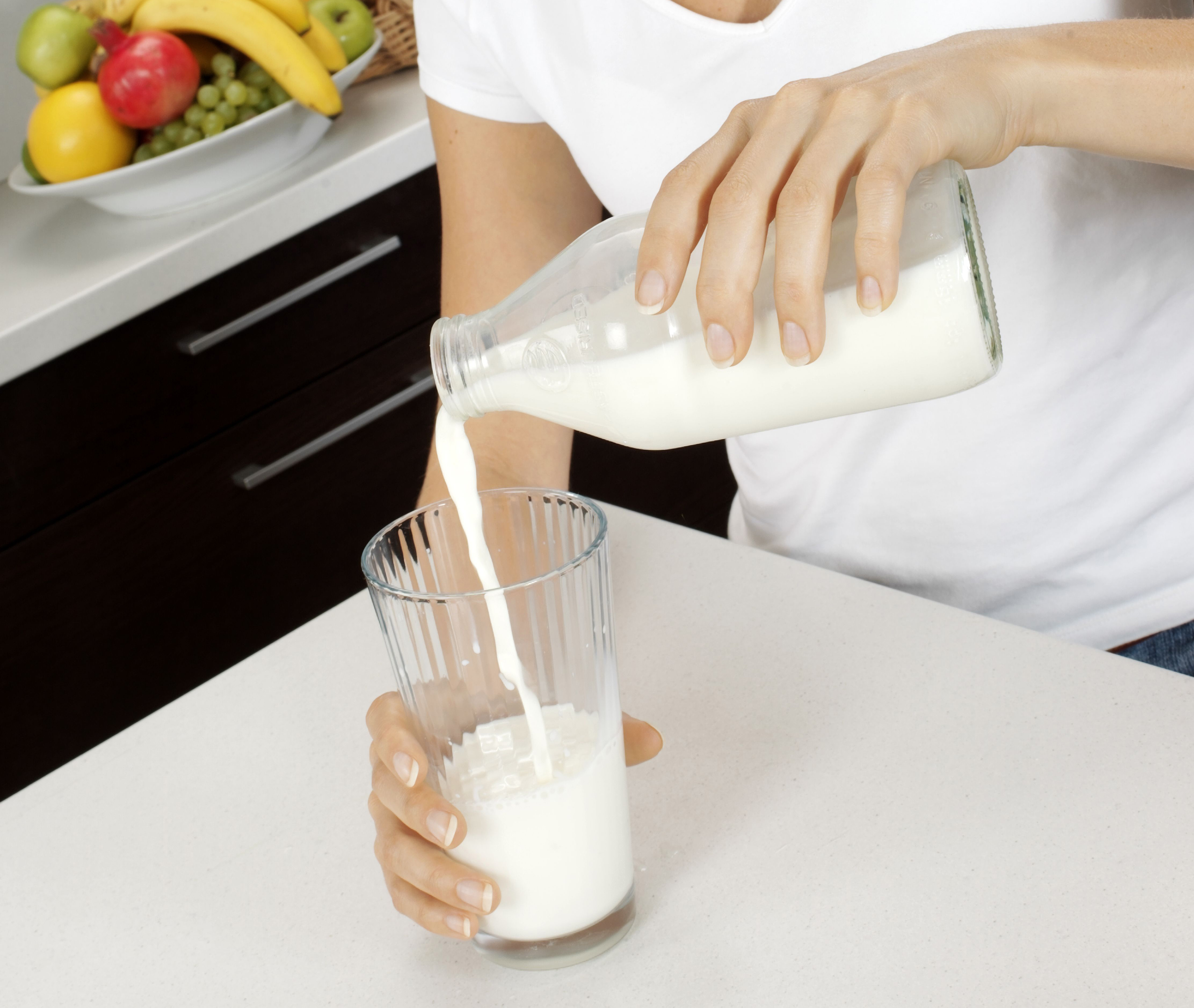
A new study has suggested that full-fat milk could be a great addition to a stroke prevention diet. While conventional diet advice has told us to avoid full-fat milk, and opt instead for a skimmed, lower-fat version - it could be the opposite when it comes to strokes.
The study, published in the American Journal of Clinical Nutrition, stated that there is actually no significant link between heart disease (e.g strokes) and full-fat milk.
In fact, it actually showed that the fatty acid produced by drinking this type of milk could result in a 42% reduction in in your risk of having a stroke.
Researchers said, “Our findings not only support, but also significantly strengthen, the growing body of evidence which suggests that dairy fat, contrary to popular belief, does not increase risk of heart disease or overall mortality in older adults. In addition to not contributing to death, the results suggest that one fatty acid present in dairy may lower risk of death from cardiovascular disease, particularly from stroke.”
High quality proteins
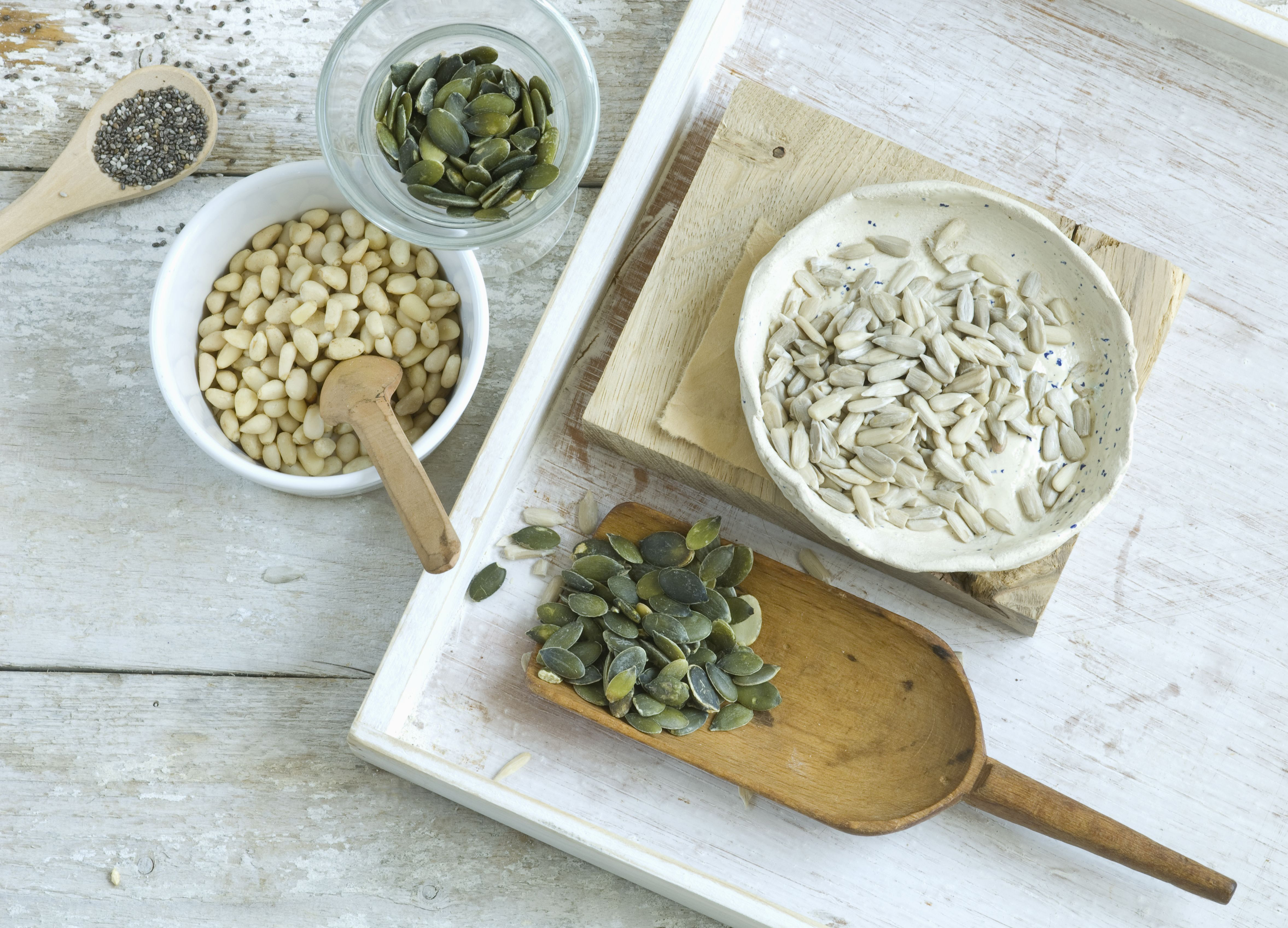
According to a study in a 2014 issue of the medical journal Neurology, high quality proteins such as nuts, lentils and seeds of all kinds could reduce your risk of experiencing a stroke by a huge 26%.
Researchers also found that by upping your protein intake, you could reduce your risk of having a stroke.
However, not all proteins are made equal, and if you want to eat the right ones to avoid a stroke, tucking in to lean proteins is your answer. Think fish and chicken, rather than steak and beef, which can be full of high saturated fats, and so negate the benefits of the protein.
Salmon and other fatty fish are also said to be ideal for preventing a stroke, given their low saturated fat content.
Potassium-rich foods
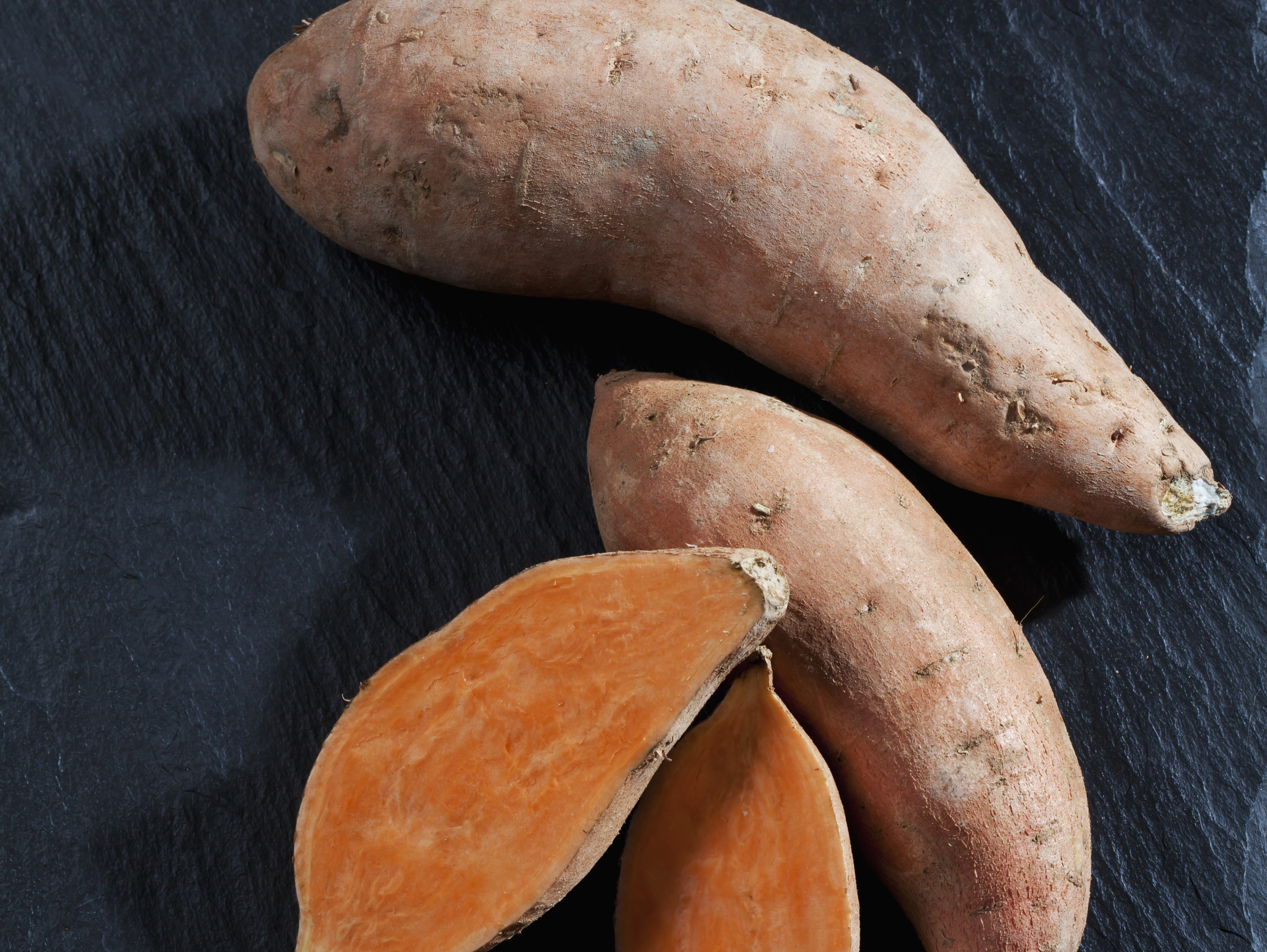
Research published in the American Heart Association's journal Stroke has indicated that potassium-rich foods could provide a particular benefit for post-menopausal women when it comes to arranging a stroke prevention diet.
After analysing a group of 90,000 women aged 50-79, scientists found that those who are the most potassium were less likely to suffer a stroke, in comparison to those who ate the least.
So it seems eating foods full of potassium, such as natural beans, sweet potatoes and spinach, could really help to reduce your risk.
Tracy Parker, of the Heart Health Dietitian at the British Heart Foundation, said of the findings, “This research suggests eating more foods containing potassium may be good for the heart, especially for older women.
“An easy way to boost your potassium intake is making sure you are eating your five portions of fruit and veg a day. There are plenty of other healthy potassium-rich foods out there too, such as potatoes, pulses, fish and shellfish, nuts, seeds and milk."
High-fibre foods
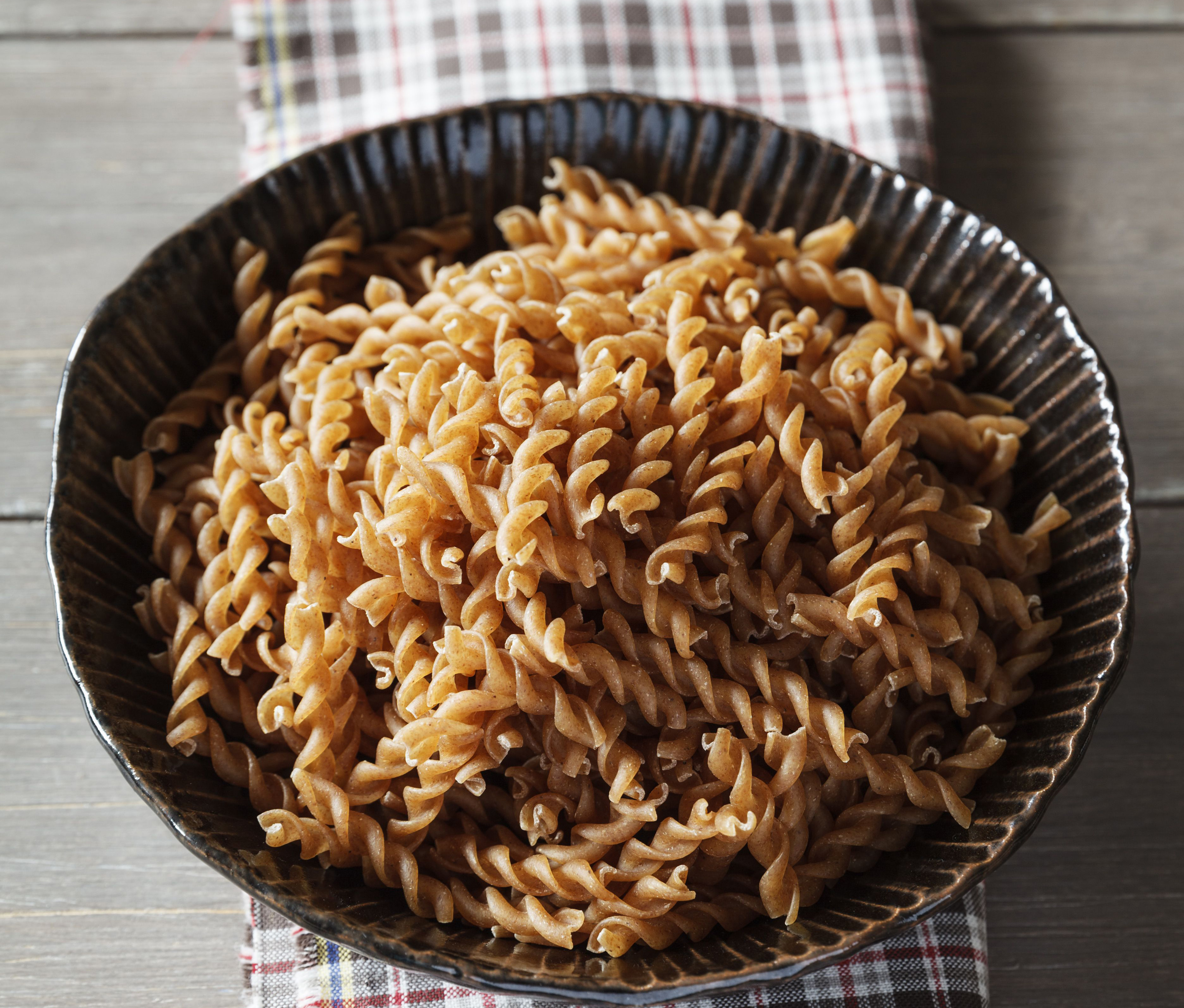
Analysis published in the medical journal Stroke has suggested that added a few extra helpings of fibre into your daily diet could reduce your stroke risk.
Scientists, who took a look at eight different studies on the subject from around the world, concluded that people who increased their fibre intake by 7 grams a day, had a 7% lower risk of having a stroke.
And the findings make sense. Typically, fibre helps to control your weight and cholesterol levels, meaning it's important for all other types of heart disease too. 25 grams of fibre a day is advised for women.
Some of our favourite foods, including whole-wheat pasta, whole-wheat bread, and noodles, have super high fibre contents. Plenty of other, rougher fruit and vegetables, including broccoli, potato with skins, and pears, are also high in fibre.
Whole grain cereals are also a great option, as are nuts and seeds.
Amy Hunt is an experienced digital journalist specialising in homes, interiors and hobbies. She began her career working as the features assistant at woman&home magazine, before moving over to the digital side of the brand where she eventually became the Lifestyle Editor up until January 2022. Amy won the Digital Journalist of the Year award at the AOP Awards in 2019 for her work on womanandhome.com.

